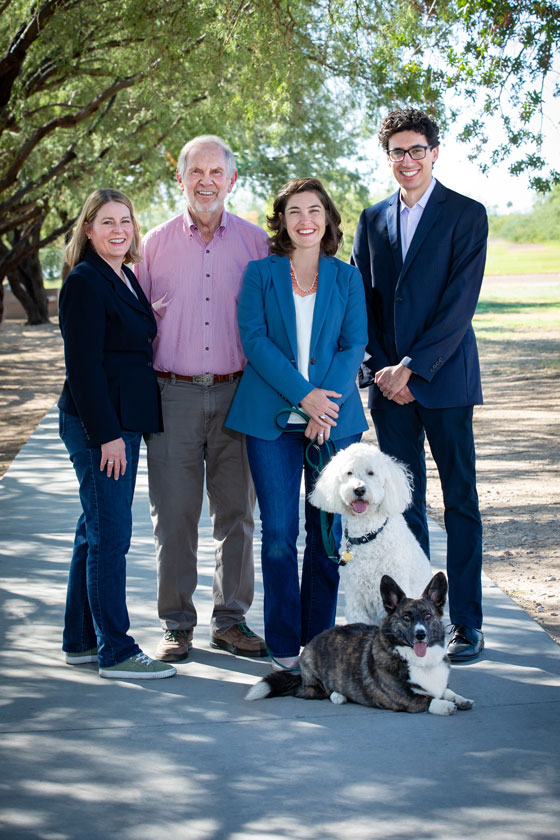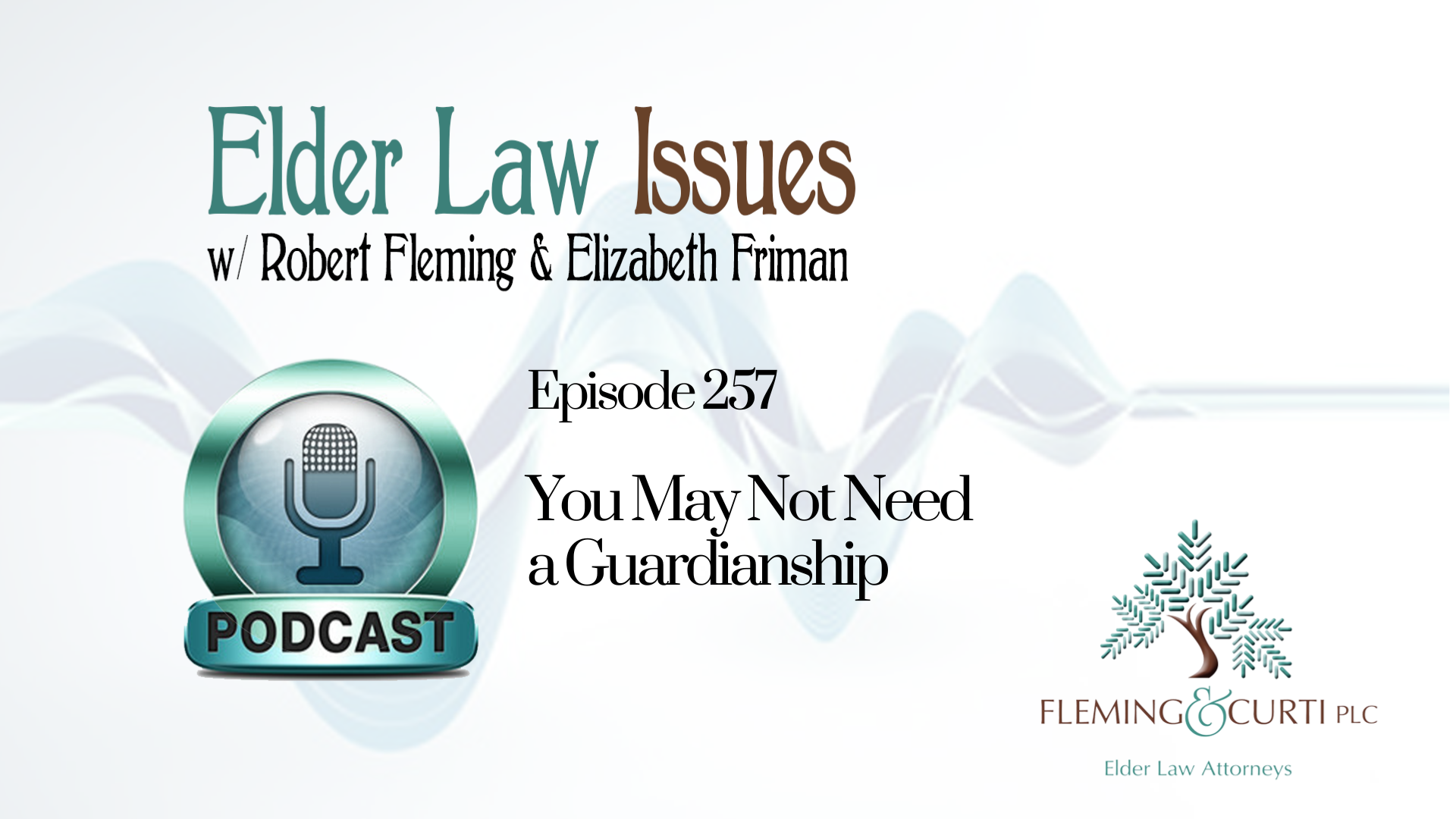Estate Planning
How do you want your property to be handled at your death? Who should be in charge? What restrictions do you want to place on receipt of property? And have you thought about how your property and personal decisions should be handled if you are alive but incompetent?
An estate plan typically includes a will, maybe a trust, and both health care and financial powers of attorney – all documents that should clearly communicate your wishes. There are some default choices that might apply if you do not make decisions, but a thoughtful estate plan can give you control over your own decisions. It can also minimize costs, reduce family disputes, and assure that your wishes are known.
Most people who approach estate planning have some of the following goals: avoiding probate, minimizing taxes, protecting family members, and containing costs.
Have questions about Estate Planning?
Give us a call, we are happy to discuss your options.

Avoiding Probate
“Probate” usually means estate administration with court oversight. This includes determining the validity of a will or determining heirs if there is no will; notifying and paying creditors; satisfying tax obligations; and distributing assets to beneficiaries or heirs. Many wish to avoid probate because they believe the proceeding is expensive, takes a long time, and exposes personal information. In Arizona (unlike some other states), probate is not particularly expensive, lengthy, or intrusive. Each proceeding is different, but probate typically takes six to twelve months–never less than four months and rarely more than a year. As for the expense, a basic proceeding may cost a few thousand dollars; complex estates can cost more (and last longer). Although some portions of an Arizona proceeding become public, much can now remain private. There are ways to avoid probate, such as holding property jointly, naming beneficiaries on accounts, and establishing a trust. (Note: Simply having a will does not avoid probate!) An estate planning attorney can counsel you about avoiding probate.
Minimizing Tax
There are two categories of tax to consider: estate tax and income tax. At the current rates, few people are affected by estate tax, while income tax affects almost everyone. Very few estates pay federal estate taxes because each of us has a total $13.61 million to give away during our lifetimes and at death before tax would be imposed. (That exemption is set to shrink to “only” about $7 million in 2026.) If your estate is worth less than that (double if you are married), planning to reduce federal estate tax is unlikely to be a priority. Arizona has no state estate (or inheritance) tax. That means that a tiny fraction of Arizonans actually need to concern themselves about estate taxes, but we can clarify how that applies to your specific situation in our estate planning consultation.
Income tax is not always a priority for people when they do estate planning, but it should be. In particular, people who have large taxable retirement accounts (like 401(k)s or traditional IRAs) or assets with significant appreciation in value should consider whether strategies can be employed to minimize tax for beneficiaries – or even for themselves.


Protecting Loved Ones
Parents with minor children can designate a guardian for their minor children using a will. Estate plans can include protective provisions for others, too. A special needs trust helps protect assets for loved ones with disabilities who receive or might be eligible for public benefits. Trusts also can provide benefits for beneficiaries who need assistance with challenges like managing money, addiction, or mental health challenges. Trusts can also help recipients who might benefit from asset protection from creditors or a divorcing spouse, or who face their own estate tax liability.
Containing Costs
Yes, having an estate plan prepared by a professional costs money, but often less than people expect. While anyone can self-draft a plan on the cheap using digital platforms, errors are common because forms are often incorrectly completed or decision trees overlooked. In cases where online forms and templates are used as a substitute for legal advice, there are frequently greater expenses incurred during the settlement of an estate – and often unintended consequences. Expending resources to develop a customized and well-crafted plan can avoid your heirs spending considerably more later on. There’s no substitute for expressing your wishes clearly and in a legally enforceable fashion. Come in and chat with us about yours.by estate tax, while income tax affects almost everyone. Very few estates pay federal estate taxes because each of us has a total $13.61 million to give away during our lifetimes and at death before tax would be imposed. (That exemption is set to shrink to “only” about $7 million in 2026.) If your estate is worth less than that (double if you are married), planning to reduce federal estate tax is unlikely to be a priority. Arizona has no state estate (or inheritance) tax. That means that a tiny fraction of Arizonans actually need to concern themselves about estate taxes, but we can clarify how that applies to your specific situation in our estate planning consultation.
Income tax is not always a priority for people when they do estate planning, but it should be. In particular, people who have large taxable retirement accounts (like 401(k)s or traditional IRAs) or assets with significant appreciation in value should consider whether strategies can be employed to minimize tax for beneficiaries – or even for themselves.

I need help with:
How we're different

- Chris T
Podcasts
Subscribe to our Newsletter
Subscribe to our newsletter to get our takes on some of the situations families, seniors, and individuals with disabilities find themselves in. These posts help guide you in the decision-making process and point out helpful tips and nuances to take advantage of. Enter your email below to have our entries sent directly to your inbox!



